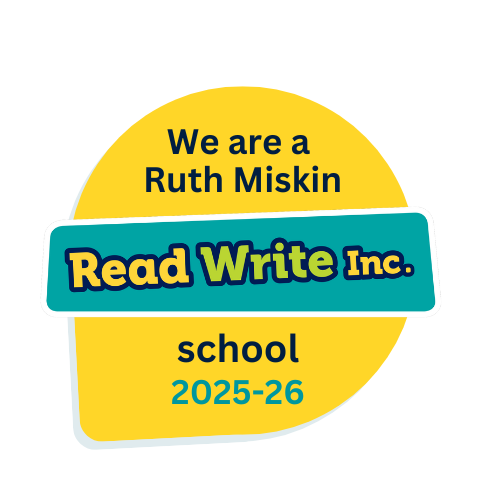PUPIL PREMIUM
Total amount of pupil premium funding received 2024/25 - £62,160
Policy for the use of the Pupil Premium Grant
Background
In April 2011, the Government introduced a Pupil Premium Grant (PPG). PPG is in addition to Schools main funding and is allocated to children from low-income families who are currently known to be eligible for Free School Meals (FSM).
Philosophy
At Catherine Infant School we believe that every child should be supported to achieve success academically, socially and physically no matter what their background. The targeted and strategic use of PPG will support us in achieving this.
Purpose
1. To ensure consistency in our approach to supporting children who are eligible for the PPG
2. To outline the outcomes we expect so that these can be closely monitored and evaluated
Principles
-
We ensure that teaching and learning opportunities meet the needs of all of the pupils
-
We ensure that appropriate provision is made for pupils who belong to vulnerable groups, this includes ensuring that the needs of socially disadvantaged pupils are adequately assessed and addressed
-
We will provide intervention not only for pupils requiring support to achieve their age related national curriculum level but also to enable those who are already achieving to reach their maximum potential above and beyond expected levels
-
In making provision for socially disadvantaged pupils, we recognise that not all pupils who receive free school meals will be socially disadvantaged. We also recognise that not all pupils who are socially disadvantaged are registered or qualify for free school meals. We reserve the right to allocate the Pupil Premium funding to support any pupil, or groups of pupils identified as being socially disadvantaged. The greater proportion of any group, supported through Pupil Premium funding, will be made up of FSM children
-
Pupil premium funding will be allocated following a needs analysis of pupils
-
Limited funding and resources means that not all children receiving free school meals will be in receipt of pupil premium interventions at one time.
Provision
The Governors may consider the following range of provision for this group:
-
Reducing group sizes, thus improving opportunities for effective Assessment for Learning and accelerating progress
-
Providing individual work with an experienced teacher, teaching assistant or volunteer teacher, focussed on overcoming gaps in learning
-
Improving attendance and well being at school
-
Additional teaching and learning opportunities provided through learning mentors, trained TAs, pastoral care or external agencies
-
Funding extra-curricular activities/school trips where appropriate
-
Ensuring pupils who are exceeding age related expectations and due PPG are able to achieve to their full potential
All our work through the pupil premium will be aimed at accelerating progress to move children to at least age related expectations.
Reporting
It will be the responsibility of the Headteacher and Business Manager, to include the following information in the annual data report for the Governors:
-
the progress made towards narrowing the gap for socially disadvantaged pupils
-
an outline of the provision that was made since the last annual report
-
an evaluation of the cost effectiveness, in terms of the progress made by the pupils receiving a particular provision, when compared with other forms of support
The Governors of the school will ensure that there is an annual statement to parents on how the Pupil Premium Grant has been used to address the issue of ‘narrowing the gap’, for socially disadvantaged pupils. This will be included on the school website.
Outcomes
- Narrowing the gaps for both attainment and progress.
- Accelerated progress of those children identified
- All socially disadvantaged children will take a full part in the school’s curriculum including educational visits
Appeal
Any appeals against this policy will be through the governor’s complaints procedure.
Reports
Catherine Infant Pupil Premium Strategy 2018/19
Catherine Infant Pupil Premium Strategy 2019/20
Catherine Infant COVID 19 Catch Up Premium Report 2020/21
Catherine Infant Pupil Premium Strategy 2020/21
Catherine Infant Pupil Premium Strategy 2021/22
Catherine Infant Pupil Premium Strategy 2022/23
Catherine Infant Pupil Premium Strategy 2023/24














